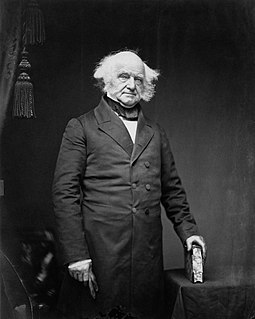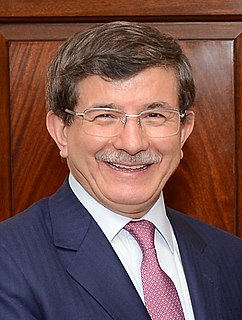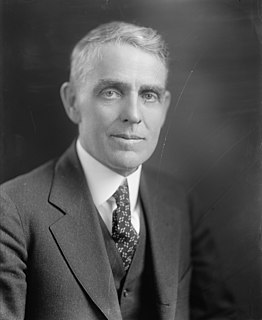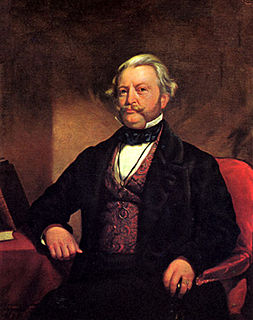A Quote by Joy Harjo
My ancestors include Monahwee, who was one of the leaders in the Red Stick War, which was the largest Indian uprising in history, and Osceola, who refused to sign a treaty with the United States.
Related Quotes
The problem was that Panama technically belonged to Colombia, which refused to sign a treaty leasing it to the United States. So Roosevelt sent a gunboat filled with marines down to Panama, just on the off chance that a revolution might suddenly break out, and darned if one didn't, two days later. Not only that, but the leaders of the new nation of Panama-talk about lucky breaks!-were absolutely thrilled to have the United States build a canal there. 'Really, it's our pleasure,' they told the marines, adding, 'Don't shoot.'
... looked at from the standpoint of the ultimate result, there was little real difference to the Indian whether the land was taken by treaty or by war. ... No treaty could be satisfactory to the whites, no treaty served the needs of humanity and civilization, unless it gave the land to the Americans as unreservedly as any successful war.
On both of my major trips to North Korea, the leaders of the country made it plain that they want to make progress towards doing away with nuclear weapons and towards ending the longstanding, official state of war which persists between North Korea and the United States and South Korea, a war which has continued since the ceasefire over fifty years ago. That sort of thing happens quite often when we meet with people who are kind of international outcasts with whom the government of the United States won't meet.
Every time we sign a treaty with another country, the treaty (should) include prisoner transfer provisions.... Under these provisions, the country in which the crimes were committed could demand that the convicts' country of origin incarcerate the prisoners for the terms to which they were sentenced.... Foreign felons in U.S. prisons are exacerbating out budget and law enforcement problems.... We will never get countries to take back their prisoners unless we have some leverage. NAFTA gives us that opportunity.
In fact, George Washington had been an Indian fighter since the French and Indian War. And a lot of folks, particularly in the red states, the Southern states that had suffered a number of Indian depredations wanted to remove all the Indians to Canada. Let them go with the English. And Washington said, well, you can try , but better, he said, more expedient to negotiate treaties with them because, and again this is what the founders believed to a man, Indians are a vanquished race. They won't be here two to three generations.







































